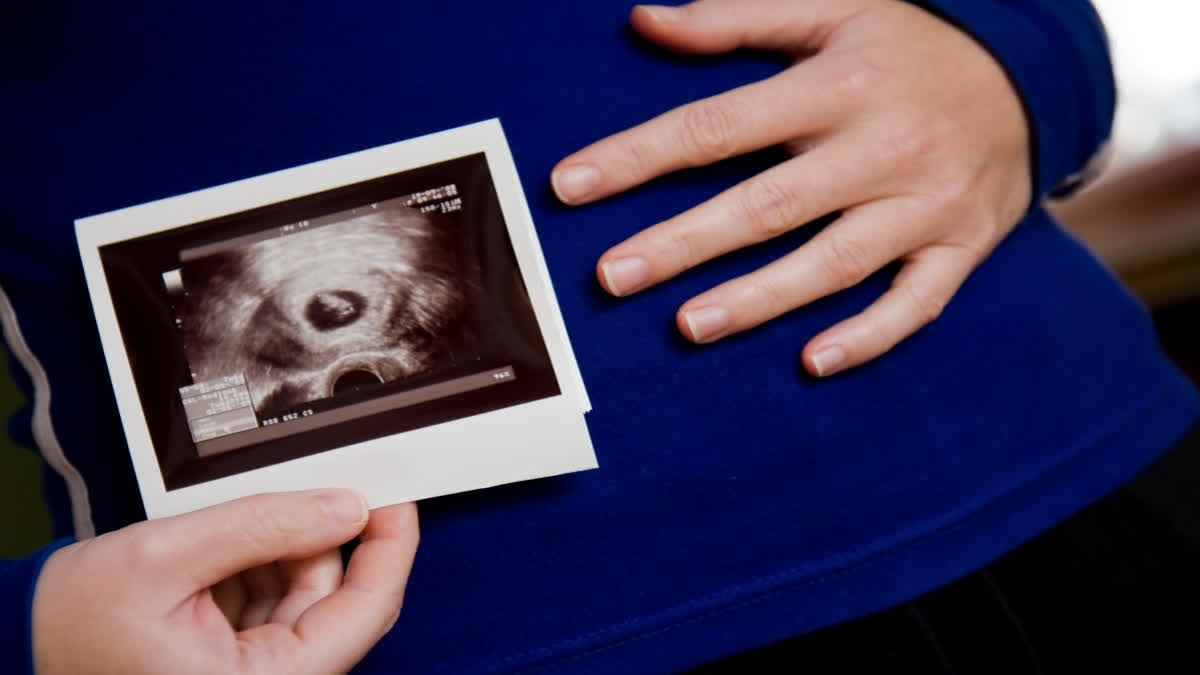New Delhi: Pregnant women with intellectual disabilities, including autism, delivered fewer live births and developed complications such as gestational diabetes and hypertension as compared to those not having the disabilities, a study conducted in the US population has found.
More of these women developed mental health conditions, including anxiety, depression and post-traumatic stress disorders, compared to those not having intellectual disabilities, the study found. Autism is a neuro-developmental disorder in which one displays repetitive behaviour and affected social skills.
Researchers, including those from the A J Drexel Autism Institute, US, observed that the average age of women having intellectual disabilities tended to be younger at first delivery, compared to that of women without these disabilities. Their findings are published in The Journal of the American Medical Association (JAMA) Network Open.
The authors said that while previous studies have reported an increased risk for challenges related to pregnancy and birth among people with intellectual and developmental disabilities, little research has been done using US-based population-level data.
For the study, the researchers analysed health insurance claims from 2008-2019 of the US national program Medicaid. They compared post-pregnancy outcomes across groups of women with intellectual and developmental disabilities (over 55,000 women), including autism, and a random sample of women not having these conditions (over 4.3 lakh women).
"Among all types of births captured, the prevalence of live births was significantly lower among those with intellectual and developmental disabilities (66.6 per cent), compared with people without autism or intellectual disability (76.7 per cent)," the authors wrote.
Accordingly, miscarriage, stillbirth, or abortion was found to be higher among the women having intellectual disorders, compared to those not having the conditions, they said. The researchers said that reproductive health education, perinatal care and delivery services should be tailored to ensure comprehensive and targeted support for pregnant women with intellectual and developmental disabilities.
Policies should be designed and implemented to align with and be guided by the needs of people with intellectual and developmental disabilities to reduce maternal health disparities, they added.
Read More



